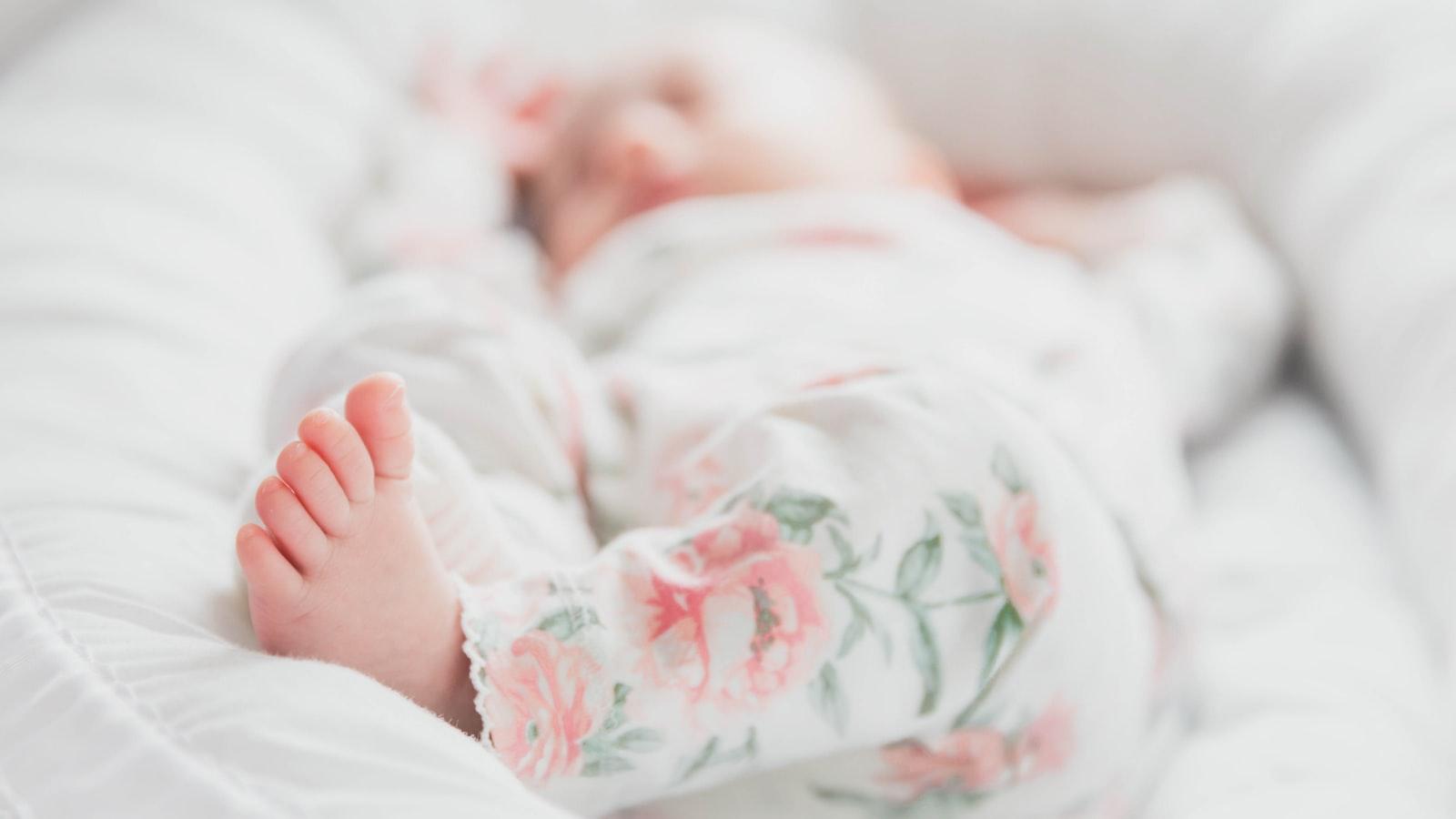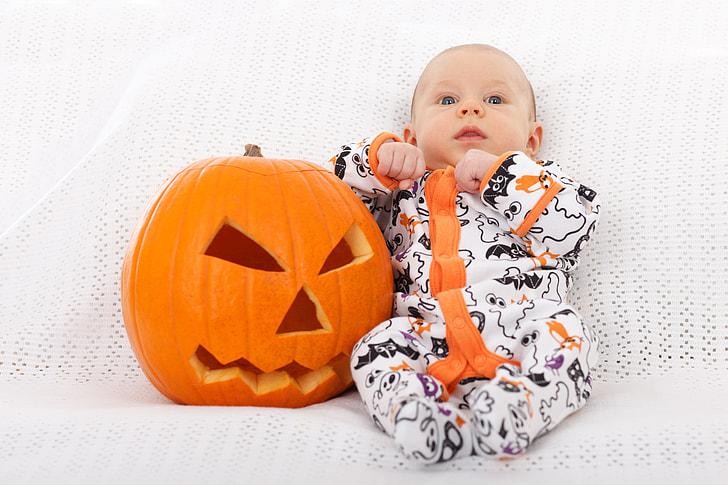Baby wipes are a great way to quickly and easily clean your baby’s skin. But it is important to know what ingredients are in them, as they can sometimes contain ingredients that can irritate sensitive skin. One common question is whether baby wipes contain alcohol. The answer is that some brands of baby wipes do contain alcohol, while others do not. It is important to read the labels carefully to make sure you are getting a product that does not contain alcohol if you wish to avoid it.Baby wipes typically consist of a cloth-like material, water, glycerin, cetearyl isononanoate, ceteareth-20, cetearyl alcohol, benzalkonium chloride, aloe vera leaf extract, tocopheryl acetate (vitamin E), chamomile flower extract, and potassium sorbate.
Are Baby Wipes Alcohol-based?
Baby wipes are a popular choice for keeping babies and toddlers clean and healthy. However, it is important to know what ingredients are used in the wipes and whether they are alcohol-based or not. While some baby wipes do contain alcohol, most of them are not.
Most baby wipes available on the market today are water-based and non-alcoholic. These wipes usually contain mild detergents which help to clean the skin without drying it out. They also often contain moisturizing ingredients such as aloe vera, which helps to keep the skin soft and hydrated.
Baby wipes that do contain alcohol are usually labeled as such, but they should still be used with caution. Some types of alcohol can be very drying to young skin, so it is important to read the ingredients list carefully before use. If you have any concerns about using an alcohol-based wipe on your baby’s skin, it is best to consult with your doctor or pediatrician first.
In general, most baby wipes are safe for use on babies and toddlers as long as they don’t contain alcohol or other harsh chemicals. To ensure that your baby’s skin remains healthy and hydrated, be sure to choose a wipe with natural ingredients that won’t irritate their delicate skin.
Do All Baby Wipes Contain Alcohol?
No, not all baby wipes contain alcohol. There are many different types of wipes on the market that are specifically designed for babies and do not contain any alcohol or harsh chemicals. Some baby wipes do contain alcohol as a preservative or to help reduce the chance of infection, but this is usually in very small amounts and is generally safe for use on babies. It is important to check the label on the package before using any type of baby wipe to ensure it does not contain alcohol or other harsh chemicals.
When selecting a baby wipe, it is important to consider its ingredients. Many baby wipes are made with natural ingredients such as aloe vera, which can help soothe and protect delicate skin. Some brands may also include plant-based oils such as coconut oil and shea butter which can provide moisture and nourishment for delicate skin. It is also important to look for products that are hypoallergenic and free from fragrances, dyes, parabens, phthalates, alcohols and other potentially irritating substances.
It is also important to note that some baby wipes may contain mild detergents or surfactants which help remove dirt and debris from skin without drying it out. These detergents are typically very gentle and formulated specifically for use on sensitive skin. If you have any concerns about the ingredients in a particular product, it’s always best to speak with your pediatrician before using it on your baby’s skin.
The Benefits of Alcohol-free Baby Wipes
Alcohol-free baby wipes are a great option for parents looking for a gentle and effective way to clean their baby’s sensitive skin. These wipes are free from harsh chemicals and contain natural ingredients like aloe vera, chamomile, and cucumber which can help to soothe and nourish the skin. They are also fragrance-free, making them ideal for babies with allergies or sensitive skin.
One of the biggest advantages of alcohol-free baby wipes is that they are gentle on the skin. They do not irritate the delicate skin of babies like some other types of wipes can, as they do not contain any harsh chemicals or fragrances. This makes them perfect for everyday use, as they can be used to safely clean your baby without causing any discomfort.
Alcohol-free baby wipes also help to protect against diaper rash and other skin conditions, as they lock in moisture and create a barrier on the skin which prevents irritation from wetness or bacteria. They can also help keep your baby’s bottom clean and free from bacteria by gently removing dirt and impurities.
Finally, alcohol-free baby wipes are easy to use and convenient when you’re on the go. They come in handy travel packs which make it easy to take them with you wherever you go, so you can keep your little one clean no matter where you are. So if you’re looking for an effective and gentle way to care for your baby’s delicate skin, then alcohol-free baby wipes are definitely worth considering!
How to Choose the Right Baby Wipe
Choosing the right baby wipes is an important task for any parent. With so many options to choose from, it can be difficult to know which one will best suit your child’s needs. Here are some tips to help you make the right decision.
First, consider what type of wipe will be best for your baby’s skin. Some wipes are made specifically for sensitive skin while others are formulated for more durable skin types. If you are unsure, consult with your pediatrician or dermatologist for advice. Additionally, look for wipes that are free of harsh chemicals and fragrances, as these can potentially irritate a baby’s delicate skin.
Next, take into account how often you plan on using baby wipes. If you’re expecting to use them multiple times a day, then you may want to look at purchasing a larger package size that can last longer. This will help reduce costs over time and provide plenty of wipes when needed.
Finally, think about how easily the wipes can be disposed of after use. Some brands offer flushable or biodegradable options that make clean up much easier and more environmentally friendly. These types of wipes also tend to disintegrate quickly in water making them safer and less likely to cause plumbing problems.
By considering these factors when selecting a baby wipe, you can ensure that your little one has a safe and comfortable experience during diaper changes or other cleaning needs. With so many choices available today, there is sure to be an option that meets your family’s needs perfectly!

Are Baby Wipes with Alcohol Safe for Newborns?
Baby wipes with alcohol are generally not safe for newborns. Alcohol is a harsh chemical that can irritate and dry out a newborn’s delicate skin. Many brands of baby wipes contain alcohol, but the amount varies from product to product. It is best to avoid any product that contains alcohol when caring for a newborn, as even small amounts can be irritating and cause discomfort.
There are many alternatives to baby wipes with alcohol that are much gentler on a newborn’s sensitive skin. Natural, fragrance-free baby wipes are usually the safest option for newborns. These are made from plant-based ingredients such as aloe vera and chamomile, which help to soothe and moisturize the skin without causing irritation. There are also hypoallergenic wipes specifically designed for babies with sensitive skin, which contain fewer ingredients and have been tested to be gentle on the skin.
It is important to choose baby wipes carefully when caring for a newborn, as their delicate skin can easily become irritated or dry out by harsh chemicals or fragrances contained in some products. By choosing natural or hypoallergenic baby wipes without alcohol, parents can ensure their little one’s delicate skin remains healthy and well-nourished.
Is it Safe to Use Baby Wipes with Alcohol on Sensitive Skin?
Using baby wipes with alcohol can be safe for sensitive skin, depending on the type of alcohol and what other ingredients are in the wipes. Many baby wipes contain isopropyl alcohol, which is a type of rubbing alcohol that has been found to be gentle on skin. However, it’s important to check the label to make sure that the product doesn’t contain any irritants such as fragrances, dyes, or preservatives that could cause irritation or allergic reactions.
It’s also important to pay attention to how much alcohol is present in the product. Some baby wipes may contain up to 60% alcohol, which can be too harsh for some people’s sensitive skin. It’s best to look for products that have a lower percentage of alcohol if you have sensitive skin.
In general, it’s a good idea to do a patch test before using any new product on your skin. This will allow you to determine whether or not your skin reacts negatively to any of the ingredients and will help you decide if it’s safe for you to use. If you find that your skin reacts negatively after using baby wipes with alcohol, it’s best to discontinue use and look for an alternative product.
It is also important to note that baby wipes are meant for external use only and should not be used in areas around the eyes, nose, mouth, or genitals. If these areas come into contact with the wipes containing alcohol, they may become irritated or inflamed due to their sensitivity and delicate nature. Therefore, it is best practice to avoid using these types of products in these areas altogether.
Are There Alternatives to Alcohol-based Baby Wipes?
For parents looking for an alternative to alcohol-based baby wipes, the good news is that there are a variety of non-alcohol based alternatives available on the market. These wipes are typically made with natural ingredients and can provide a gentle and effective way to clean up messes. Some of the most popular alternatives include water-based wipes, eco-friendly wipes, and hypoallergenic wipes.
Water-based baby wipes are made with all natural ingredients such as aloe vera, chamomile, and calendula which are gentle on baby’s skin. They provide a refreshing clean without drying out the skin like alcohol-based wipes can do. Eco-friendly wipes are made with organic materials such as bamboo or cotton and are biodegradable. They help reduce our carbon footprint by not adding any harsh chemicals into the environment. Hypoallergenic wipes are perfect for babies with sensitive skin as they contain fewer irritants than other types of wipes.
No matter what type of baby wipe you choose, it is important to make sure they do not contain any harsh chemicals or fragrances that could irritate your baby’s delicate skin. It is also important to keep in mind that it is best to use one type of wipe for all messes so that there is no cross contamination of bacteria or germs between different types of surfaces. Additionally, if possible, try to purchase baby wipes in bulk so that you can save money while still providing your little one with a safe and reliable cleaning solution.
Overall, there are plenty of alternatives to alcohol-based baby wipes available on the market today so parents have plenty of options when it comes to keeping their little ones clean and happy!

Conclusion
In conclusion, baby wipes do not have alcohol in them. Although there are some alcohol-based ingredients and preservatives used in making baby wipes, they are usually in trace amounts and too small to be harmful. Most baby wipes contain other ingredients such as water, glycerin, citric acid, benzoic acid, and polysorbate 20 to help keep the skin clean and moisturized. Baby wipes are a safe and effective way to keep your little one’s skin clean and soft.
Although it might be tempting to use adult wet wipes on babies due to their higher alcohol content, it is important to remember that these products are not formulated for babies’ delicate skin. Therefore, it is best to stick with baby wipes specifically designed for babies when cleaning their sensitive skin.
In summary, baby wipes do not contain enough alcohol to be considered harmful. Parents can safely use them without having to worry about any potential side effects on their little ones’ skin.




